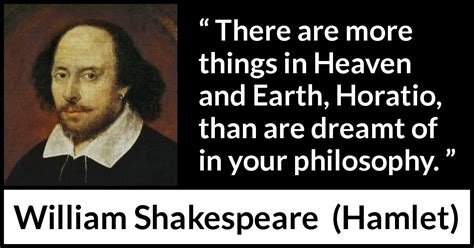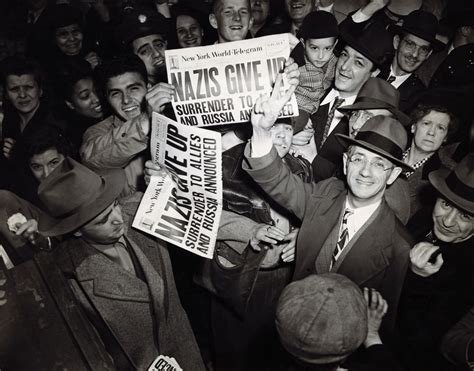
The Tragedy of the Commons: Rational Actor
This is a follow on to Tragedy of the Commons: The Political Commons. It specifically looks at the rationality implied in Ostrom’s 8 points and the Rational Actor/Choice, Game, and Agency theories. What happens if the rational hypothesis fails or is different across cultures or relevant ranges?
I first came across the rational actor/choice theory in a political science doctoral program. I was in my 50s and was by far the oldest student in the class and close to twice as old as the instructor. So, when we studied the rational actor/choice theory, I looked at it with a bit of a nuanced/jaundiced view. Much as I would like to think people are rational and make rational choices, my experience in the military and business led me to question the theory for three reasons:
- I have watched many people make seemingly irrational choices. Often these choices are rational in the immediate context of the choice, but less so over a long term.
- The concepts of relevant range and bounded rationality (see Critical Thinking: An Introduction: An Introduction to Key Components and Dimensions, Critical Thinking: Decisions and System 1 System 2 Thinking, and Critical Thinking: Bounded Rationality and Time) may make a choice rational in one set of circumstances and less so in other circumstances.
- Rationality may be different in different cultures. This is like a relevant range in that culture can affect circumstances, but it is different. People in different cultures in the same circumstances may make different choices that seem rational to them. When I was in Bosnia and Afghanistan, I got the distinct impression that the Muslims were making rational choices, but their frame of logic differed from that of the west. It seemed like western logic operations linearly and Islamic operates more on a spiral. I understand that is a dangerous oversimplification, but it may still be a useful model in some circumstances.
So let us look at the quote from Hamlet in the image above. It is from Act 1, Scene V. Dr. Oliver Tearle has an interesting take on this oft quoted line.
“But if ‘your philosophy’ is simply being used synonymously with ‘the whole field of human study’, Hamlet may not be attacking Horatio for his closed-mindedness, but he is still advocating a belief in the supernatural. Rather than criticizing the limits of Horatio’s worldview, he is calling out the limitations of the whole of rational philosophy.”
Tearle’s take seems to match, or at least parallel, Johnathon Haidt’s The Righteous Mind. While Haidt focuses on religion and politics, we may generalize his concepts to other topics such as education, business, the military, and others.
I do not mean to throw out the theories and the concept of rationality. I am quite fond of rationality. But it has limits. These models work in the aggregate, especially if we control for bounds and relevant ranges, but they may fail in specific cases/specific individuals.
Therefore, we need to be careful when we build a model for the political commons. The political commons are more diverse, divisive, and complex than are most resource commons. People are incredibly complex and not always rational, even with the same nominal culture. And as countries grow more diverse and heterogenous, there will be clashes of cultures, different approaches to logic and rationality.
Humans can be logical and rational, at least within their cultural parameters. But our families and education system must teach and nurture logic. By many indications, both are failing our children and our country. Indicators include:
- Businesses are saying our education system does not prepare people for work or teach the 21st century skills (see the P21 program).
- A lack of critical thinking skills and a confusion over bias. When our schools cover bias, it is normally associated with racial and gender bias rather than cognitive biases.
- An over emphasis on surface diversity rather than deep diversity. An emphasis on surface diversity leads to a watering down standards rather than upholding and raising them.
- A lack of consensus on what success is and how to achieve it.
Ostrom’s 8 points and game theory, agency theory and rational actor/choice theory will form the scaffolding to a political commons framework, but they will need to be buttressed with an effective education institution and bridge between our diverse cultures that helps to find at least some common goals and definitions of success.





